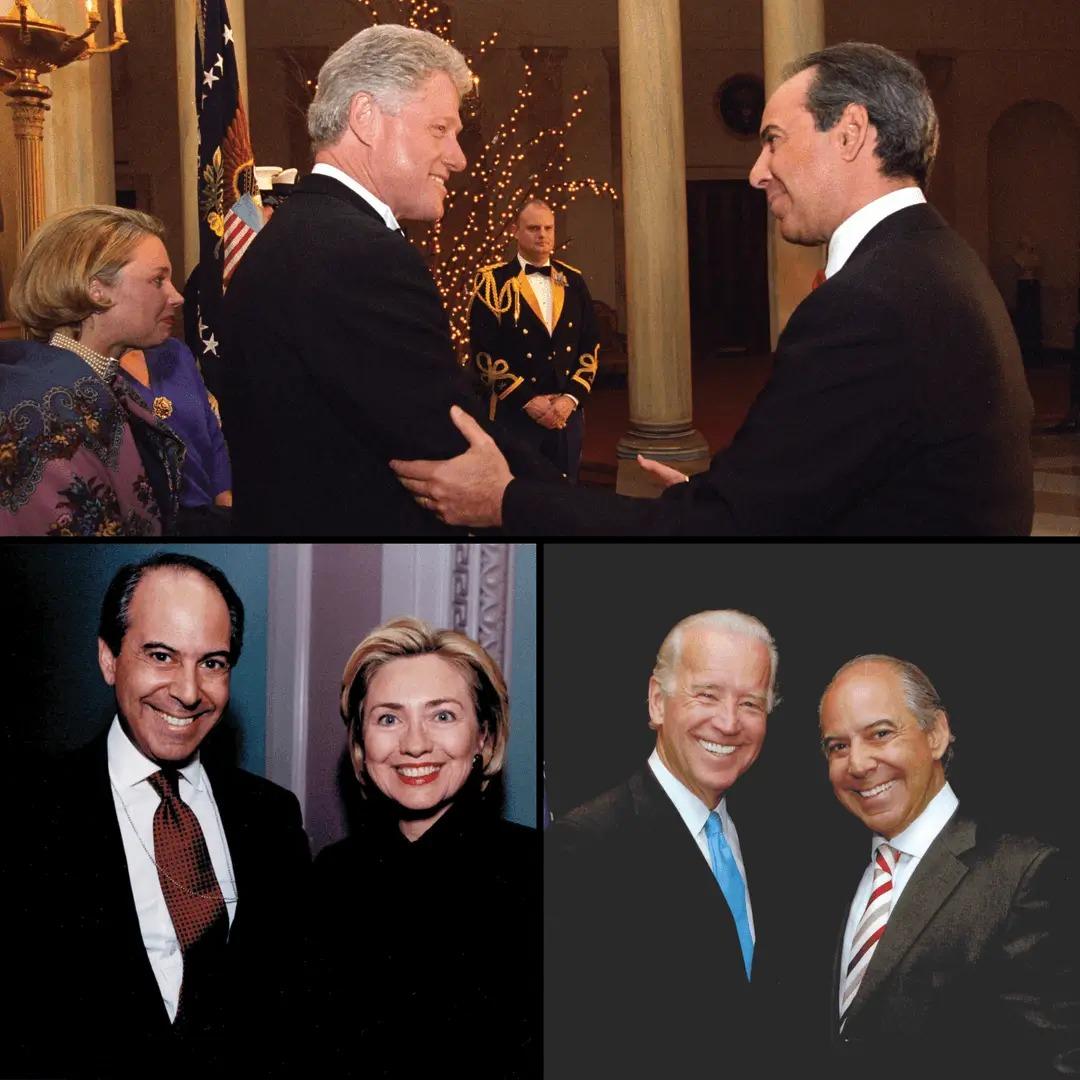What happens when an Iranian-American author turns his life story into a rallying cry for justice? For Hassan Nemazee, books, especially his memoir Persia, Politics & Prison, offer answers that blend personal struggle with societal critique. This question of the connection between those behind bars and the communities they return to is explored deeply in his work. Through gripping stories of incarceration and reform, Nemazee extends a hand to both sides of the divide. The result? A conversation that redefines rehabilitation and second chances.
Prison reform touches more lives than people think. Released inmates don’t return to a vacuum; they step back into families, neighborhoods, and workplaces. Often, they carry the invisible weight of their experiences. Too many of these stories go unheard. Most ex-convicts face major hurdles, like finding work, establishing trust, and even feeling human again. Society frequently fails to see them as anything more than their past. But here's where the written word can flip the narrative. Personal reflections, like those found in memoirs, have the power to connect us to a shared humanity. They encourage readers to think again, to feel again, and, sometimes, to act.
Stories often reveal cracks in the system. With anecdotes of prison life, many memoirs offer a lens to examine the failings of incarceration policies. Too many facilities focus on punishment over preparation, letting cycles of crime and despair grind on. But telling these stories doesn’t just shine a light on flaws; it sparks ideas for change. For instance, accounts that highlight the kindness and resilience of inmates challenge stereotypes. They show us people, not statistics. Readers begin to see the human, not just the inmate, allowing bridges of understanding to form.
Why do these connections matter? Because outsiders hold power. Readers, policymakers, voters, and activists can ignite the push for better job training, mental health support, or rehabilitation programs. Some folks never stop to think about what life behind bars teaches. Yet stories can make them pause. They offer a way for prisoners’ voices to reach beyond cell walls and into the ears of people who can actually make a difference.
And then there’s redemption, a theme that resonates universally. The arc of falling, suffering, and rebuilding is as old as storytelling itself. People rally behind those who rise from rock bottom, not just because it’s inspiring but because it feels attainable. Redemption makes readers wonder, "If they can rise above, can't we all?" Books like Hassan Nemazee’s do more than just narrate redemption arcs. They invite readers to reflect on their own journeys, creating a ripple effect of empathy and introspection.
The written word has always been a bridge. From letters smuggled into war zones to speeches that changed history, writing transforms abstract issues into emotional truths. It’s a way to carry voices across divides, to unite people who wouldn’t normally meet. And while these stories don’t fix everything overnight, they spark the first step toward unity. Just as a single book can open a mind, a single mind can open a door for dialogue.
Want to uncover more? Visit Hassan Nemazee’s website to discover his book Persia, Politics & Prison and learn about his speaking engagements. Explore his thought-provoking perspectives on justice, community, and personal transformation. Your next story awaits.

